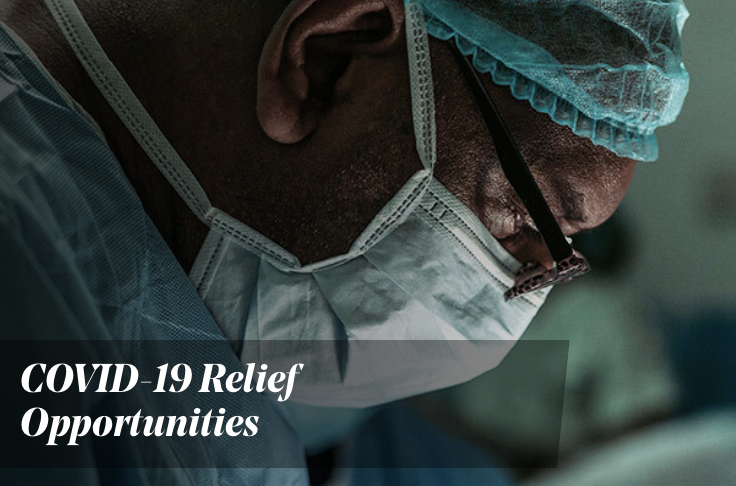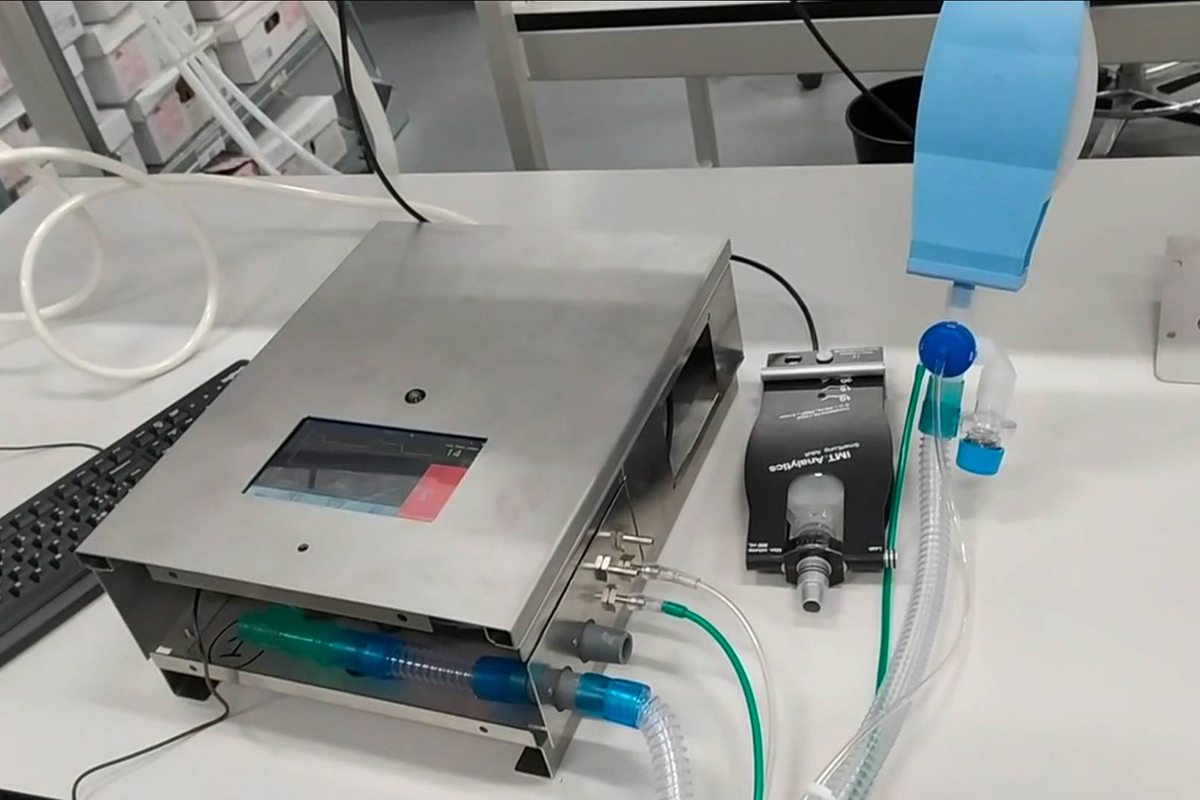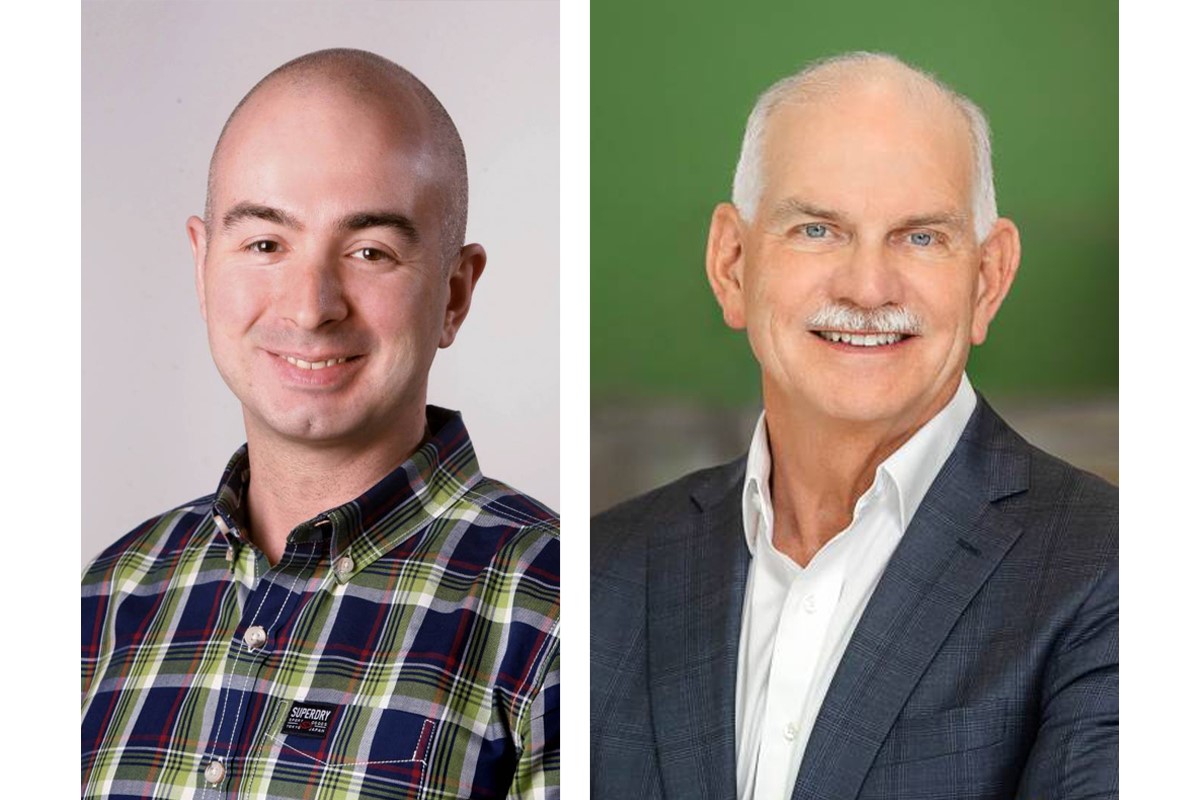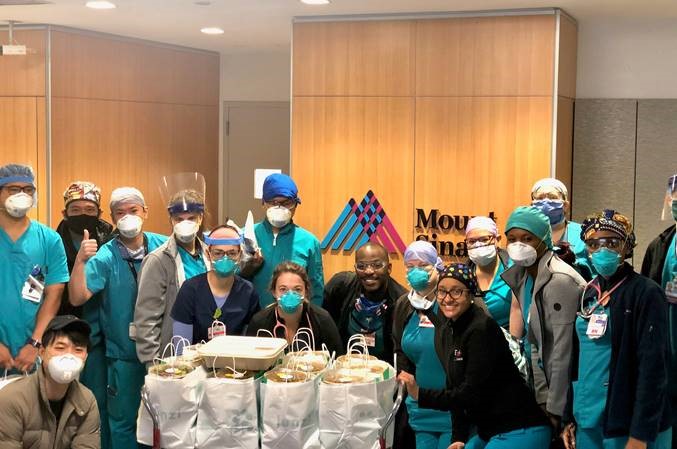
Kristen Sonday ’09 co-founded Paladin in 2015 to help connect corporate legal teams with pro bono opportunities. Even during the best of times there are people in need of legal assistance who might not have the resources to navigate the justice system. But the economic downturn caused by the COVID-19 pandemic has hurt millions of Americans and created a national legal emergency.
Partnering with the American Bar Association, LegalZoom, and Clio, Paladin launched the first ever nationwide disaster portal, an online pro bono opportunity guide for lawyers looking to help the people hit hardest by the crisis.
“Vulnerable individuals are experiencing a range of legal issues at unprecedented levels,” Sonday told TechCrunch.com. “Common cases include individuals filing for unemployment benefits; navigating housing issues and unlawful evictions; victims of domestic violence who have sheltered-in-place with an abuser; nonprofits and small businesses navigating canceled contracts; and delays in court proceedings affecting thousands of Americans.”
Attorneys can visit Paladin’s website to sign up and be paired with pro bono opportunities that align with their interests and experience. There are currently more than 100 COVID-19 disaster cases in need of legal assistance.
To learn more or volunteer, visit Paladin.




